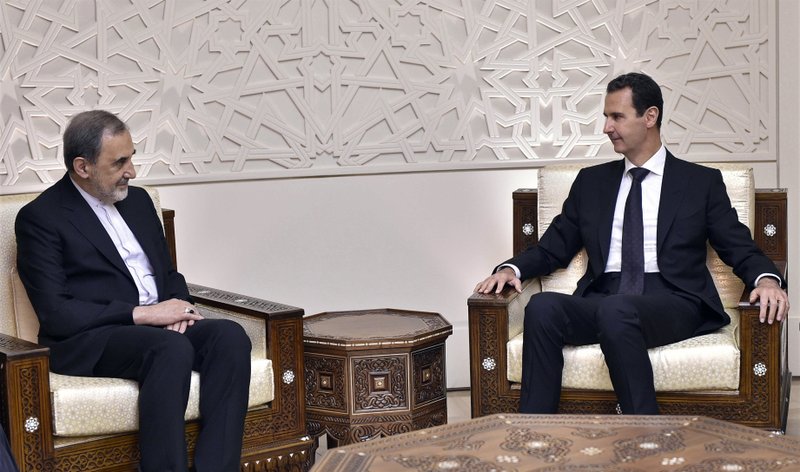THE HAGUE, Netherlands -- Syria and its close ally Russia faced harsh criticism Thursday at a meeting of the Organization for the Prohibition of Chemical Weapons after an investigation that blamed Syrian President Bashar Assad's government for a sarin attack that killed about 100 people in April.
At a private meeting of the chemical weapons watchdog's executive council, U.S. representative Kenneth Ward said Russia "continues to deny the truth and, instead, collaborates with the Assad regime in a deplorable attempt to discredit" the joint probe between the organization and the U.N.
The text of Ward's statement was posted on the Organization for the Prohibition of Chemical Weapons' website.
Russia has denounced the results of the investigation into the Khan Sheikhoun attack and vetoed a U.N. Security Council resolution to renew the mandate of the Joint Investigative Mechanism, which expires this month.
The organization has a team it calls its Fact Finding Mission, which investigates whether chemical weapons have been used in Syria. The Joint Investigative Mechanism was set up by the Security Council to apportion blame for such attacks.
Russia and Iran submitted a draft proposal, which was viewed by The Associated Press, to the meeting. The proposal effectively called for the Khan Sheikhoun investigation to be reopened and for the Fact Finding Mission to conduct on-site investigations through a team recruited "in a balanced manner and on as wide a geographical basis as possible."
Speaking after the meeting, Russia's representative to the organization, Alexander Shulgin, blamed the United States and its allies for politicizing the organization's executive council -- an accusation the U.S. and its allies level at the Russians.
Britain's representative to the Organization for the Prohibition of Chemical Weapons, Peter Wilson, said the U.N. Security Council should renew the mechanism's mandate.
"No ifs, no buts and no skimping on the mandate. It must be able to do its job," Wilson said.
Ward, meanwhile, said the meeting in The Hague also had to send a strong message condemning the use of chemical weapons.
"Let me be clear -- inaction by this council is unacceptable, as it would severely damage the credibility and effectiveness of this organization and the Chemical Weapons Convention, and undermine the broader framework of arms control and nonproliferation," he said.
Statements issued by the organization's executive council are normally adopted by consensus, but that appears unlikely, given Russia's criticism of the investigation and its findings.
A Section on 11/10/2017
